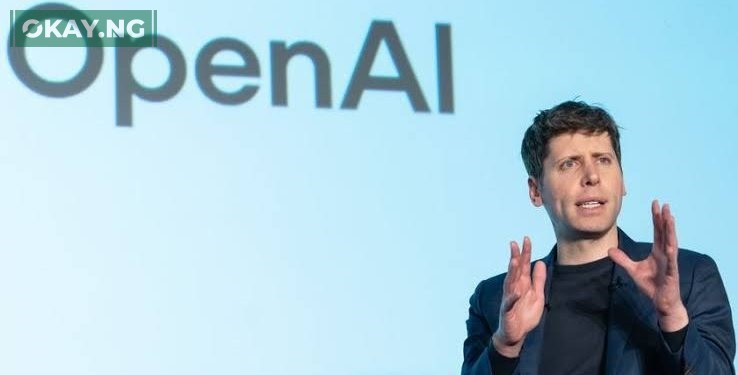OpenAI has broadened access to its advanced image-generation tool, previously exclusive to paying subscribers, making it available to all users, as announced by CEO Sam Altman on X (formerly Twitter). The precise number of free-tier image generations remains unspecified, though Altman previously hinted at a potential limit of three images per day for non-paying users.
The image generator has experienced substantial demand since its launch, prompting Altman to humorously remark on the strain it placed on the company’s GPUs. The tool’s popularity surged, especially for its ability to replicate the distinctive art style of Studio Ghibli. OpenAI highlights that its GPT-4o image generation excels in accurately rendering text, faithfully adhering to prompts, and utilizing 4o’s knowledge base and chat context, including transforming uploaded images or using them as visual inspiration. The company emphasizes that these capabilities enhance visual communication and elevate image generation into a precise and powerful tool.
However, the tool has raised copyright concerns, with questions arising about whether OpenAI’s training data included proprietary Ghibli-style artwork. Additionally, the tool has been misused to create fabricated documents, such as fake restaurant receipts. In response, an OpenAI spokesperson stated that all AI-generated images carry metadata identifying ChatGPT as the source, and the company takes action against outputs that violate its usage policies.
In a separate development, OpenAI has secured $40 billion in a record-breaking private tech funding round, valuing the company at $300 billion. This funding round, led by Japan’s SoftBank, with significant contributions from Microsoft, Coatue, Altimeter, and Thrive, positions OpenAI alongside ByteDance in valuation, trailing only SpaceX among private tech firms. OpenAI plans to use the new capital to advance AI research and expand its computing infrastructure, with approximately $18 billion allocated to Stargate, its joint venture with SoftBank and Oracle. SoftBank has indicated that its investment could be reduced to $20 billion if OpenAI does not transition to a for-profit entity by December 31, allowing unlimited profit distribution to investors, departing from its current capped-profit structure.









